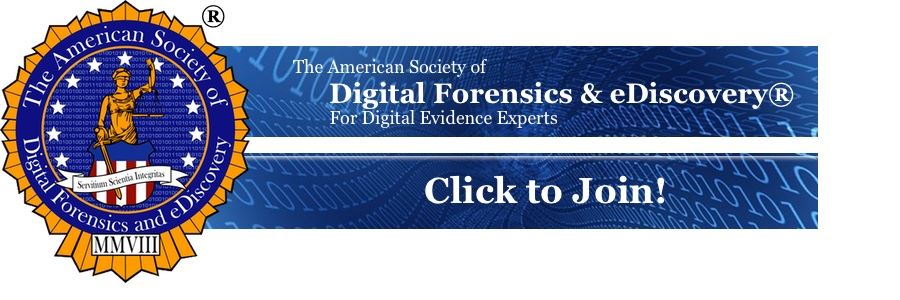Starting a career in computer forensics requires a combination of education, technical skills, and practical experience. Here's a step-by-step guide to help you get started:
Education and Qualifications:
a. Obtain a Bachelor's Degree: Many computer forensics professionals have at least a bachelor's degree in a related field, such as computer science, information technology, cybersecurity, or digital forensics.
b. Consider a Master's Degree: Earning a master's degree can provide a competitive advantage and may be required for more advanced positions.
Build Technical Skills:
a. Learn Computer Science Fundamentals: Gain a strong foundation in computer science, including operating systems, partition schemes, file systems, windows artifacts, and report writing.
b. Develop Data Acquisition Knowledge: Understand common forensic imaging concepts, including encryption, data structures, and local and remote network collections.
c. Study Digital Forensics: Acquire knowledge in digital forensics tools and techniques, such as data recovery, file analysis, and evidence preservation.
d. Gain Expertise in OS and Software: Familiarize yourself with different operating systems and software used in forensic investigations.
Gain Practical Experience:
a. Internships and Entry-Level Positions: Seek internships or entry-level IT, cybersecurity, or law enforcement jobs to gain hands-on experience.
b. Certifications: Obtain relevant certifications like EnCE Encase Certified Examiner, Certified Computer Examiner (CCE), and Certified Information Systems Security Professional (CISSP).
c. Volunteer Work: Offer pro bono services to gain experience and build your portfolio.
Develop Soft Skills:
a. Attention to Detail: Computer forensics requires meticulous attention to detail to gather and analyze evidence accurately.
b. Problem-Solving: Be a critical thinker and solve complex issues related to cybercrimes and security breaches.
c. Communication Skills: Effective communication is crucial for writing reports and testifying in court.
Stay Updated:
Computer forensics is continuously evolving, so staying current with the latest trends, tools, and techniques is essential through ongoing education and professional development.
Network and Build Relationships:
Join professional organizations such as the ASDFED or the International Association of Computer Investigative Specialists (IACIS) and attend industry conferences and events to network with experts in the field.
Apply for Jobs:
a. Look for job openings in law enforcement agencies, government organizations, private companies, or consulting firms specializing in digital forensics.
b. Tailor your resume to highlight your relevant education, skills, certifications, and experience.
Pass Background Checks:
Many computer forensics positions require background checks, and some even require security clearances due to the sensitive nature of the work. Be prepared to undergo these checks. Avoid engaging in borderline activities, illegal drug use, or drinking and driving.
Prepare for Interviews:
Practice answering questions related to your technical skills, experience, and the legal aspects of computer forensics.
Continuous Learning:
Stay committed to continuous learning as technology evolves to keep your skills and knowledge current.
Starting a career in computer forensics can be both challenging and rewarding. Being patient and persistent is essential, as it may take time to land your desired role in this field.
